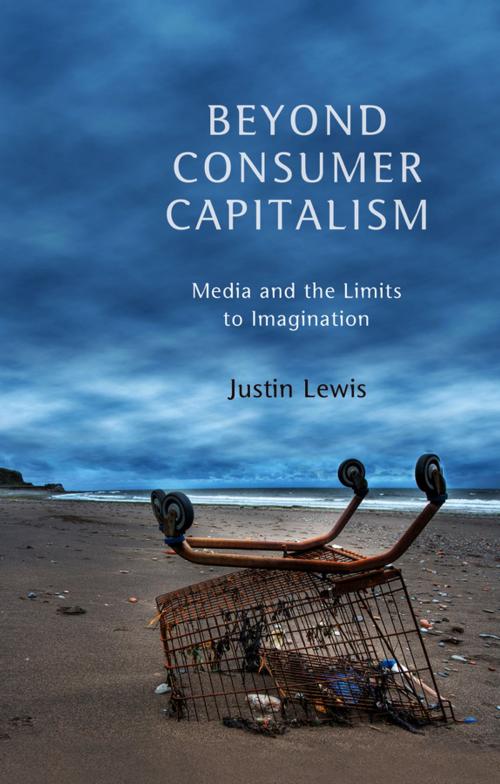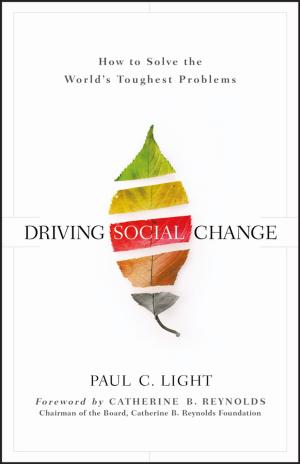Beyond Consumer Capitalism
Media and the Limits to Imagination
Nonfiction, Social & Cultural Studies, Social Science| Author: | Justin Lewis | ISBN: | 9780745671666 |
| Publisher: | Wiley | Publication: | January 24, 2014 |
| Imprint: | Polity | Language: | English |
| Author: | Justin Lewis |
| ISBN: | 9780745671666 |
| Publisher: | Wiley |
| Publication: | January 24, 2014 |
| Imprint: | Polity |
| Language: | English |
Consumer capitalism dominates our economy, our politics and our culture. Yet there is a growing body of research from a range of disciplines that suggests that consumer capitalism may be past its sell-by date.
Beyond Consumer Capitalism begins by showing how, for people in the developed world, consumer capitalism has become economically and environmentally unsustainable and is no longer able to deliver its abiding promise of enhancing quality of life . This cutting-edge book then asks why we devote so little time and effort to imagining other forms of human progress. The answer, Lewis suggests, is that our cultural and information industries limit rather than stimulate critical thinking, keeping us on the treadmill of consumption and narrowing our vision of what constitutes progress. If we are to find a way out of this cul de sac, Lewis argues, we must begin by analysing the role of media in consumer capitalism and changing the way we organize media and communications. We need a cultural environment that encourages rather than stifles new ideas about what guides our economy and our society.
Timely and compelling, Beyond Consumer Capitalism will have strong appeal to students and scholars of media studies, cultural studies and consumer culture.
Consumer capitalism dominates our economy, our politics and our culture. Yet there is a growing body of research from a range of disciplines that suggests that consumer capitalism may be past its sell-by date.
Beyond Consumer Capitalism begins by showing how, for people in the developed world, consumer capitalism has become economically and environmentally unsustainable and is no longer able to deliver its abiding promise of enhancing quality of life . This cutting-edge book then asks why we devote so little time and effort to imagining other forms of human progress. The answer, Lewis suggests, is that our cultural and information industries limit rather than stimulate critical thinking, keeping us on the treadmill of consumption and narrowing our vision of what constitutes progress. If we are to find a way out of this cul de sac, Lewis argues, we must begin by analysing the role of media in consumer capitalism and changing the way we organize media and communications. We need a cultural environment that encourages rather than stifles new ideas about what guides our economy and our society.
Timely and compelling, Beyond Consumer Capitalism will have strong appeal to students and scholars of media studies, cultural studies and consumer culture.















